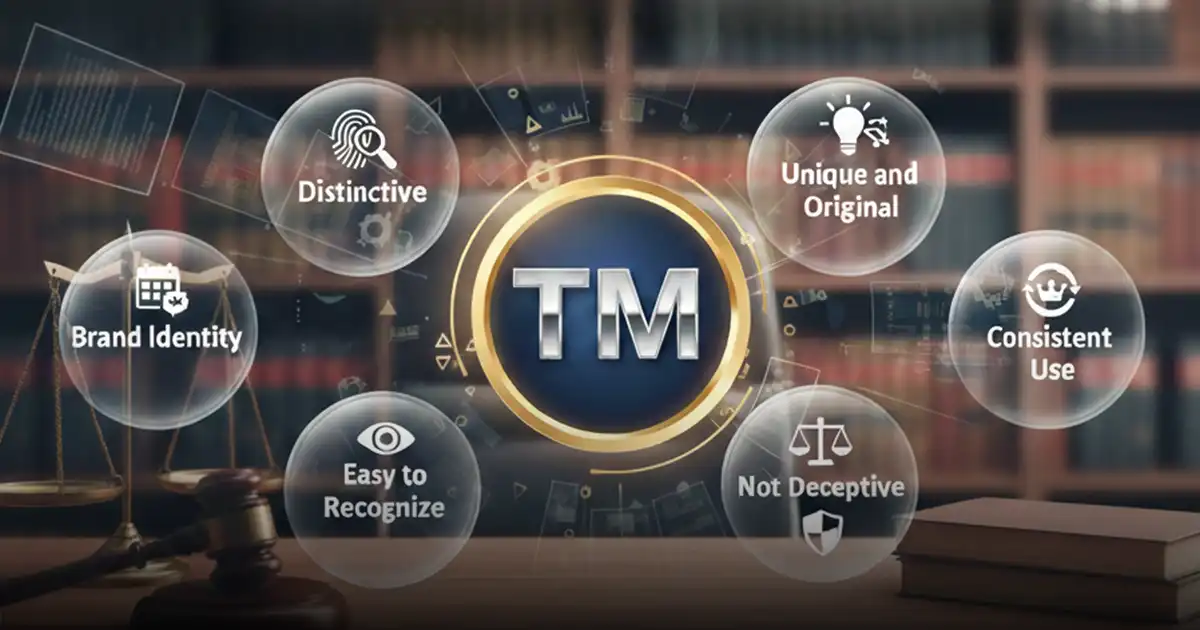For Indian entrepreneurs, the large Indian community in Australia provides a familiar cultural and professional network. This can significantly ease the transition into a new market. For Indian entrepreneurs, Australia presents several key advantages:
1. A Stable Economy & Pro-Business Environment
Australia has a resilient and steady economy, with a GDP projected to be approximately AUD 1.78 trillion in 2025, ranking high for ease of doing business. The government encourages foreign investment with simple procedures. Its strong legal system offers a secure and predictable setting for businesses to grow.
2. Gateway to Asia-Pacific Markets
Positioned in the Southern Hemisphere, Australia is a key hub for trade and investment in the Asia-Pacific. For Indian companies aiming to enter markets like New Zealand and Southeast Asia, an Australian base provides major logistical and economic benefits.
3. Limited Liability & Business Credibility
Registering as a company in Australia protects your assets from business debts. This is known as limited liability. An official Australian company also boosts your business's reputation with clients, suppliers, and banks, both locally and worldwide.
4. Access to a Skilled Workforce & Funding Opportunities
Australia has a highly educated and skilled workforce, offering a diverse talent pool for any new business. The country also has a well-developed financial sector, including venture capital and private equity, presenting various funding options for new and growing companies.











